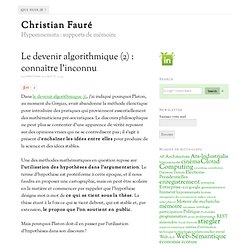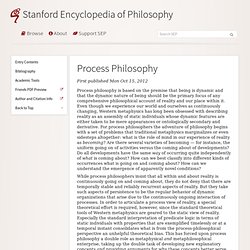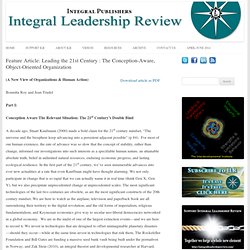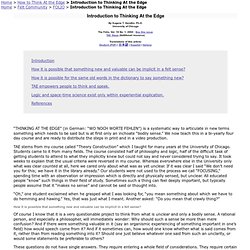

Le devenir algorithmique (2) : connaître l’inconnu. Dans le devenir algorithmique (1), j’ai indiqué pourquoi Platon, au moment du Gorgias, avait abandonné la méthode élenctique pour introduire des pratiques qui proviennent essentiellement des mathématiciens pré-socratiques.

Le discours philosophique ne peut plus se contenter d’une apparence de vérité reposant sur des opinions vraies qui ne se contredisent pas ; il s’agit à présent d’enchaîner les idées entre elles pour produire de la science et des idées stables. Une des méthodes mathématiques en question repose sur l’utilisation des hypothèses dans l’argumentation. Le terme d’hypothèse est protéiforme à cette époque, et il nous faudra en proposer une cartographie, mais on peut être scolaire en la matière et commencer par rappeler que l’hypothèse désigne mot-à-mot de ce qui se tient sous la thèse. La thèse étant à la fois ce qui se tient debout, qui est stable et, par extension, le propos que l’on soutient en public.
La question « comment chercher une chose dont on ne sait rien ? Process Philosophy - Stanford Encyclopedia of Philosophy. First published Mon Oct 15, 2012 Process philosophy is based on the premise that being is dynamic and that the dynamic nature of being should be the primary focus of any comprehensive philosophical account of reality and our place within it.

Even though we experience our world and ourselves as continuously changing, Western metaphysics has long been obsessed with describing reality as an assembly of static individuals whose dynamic features are either taken to be mere appearances or ontologically secondary and derivative. For process philosophers the adventure of philosophy begins with a set of problems that traditional metaphysics marginalizes or even sidesteps altogether: what is the role of mind in our experience of reality as becoming? Are there several varieties of becoming — for instance, the uniform going on of activities versus the coming about of developments? Do all developments have the same way of occurring quite independently of what is coming about? 1. The Conception-Aware, Object-Oriented Organization - The G5 Generative Processes. (A New View of Organizations & Human Action) Bonnitta Roy and Jean Trudel Part I: Conception Aware The Relevant Situation: The 21st Century’s Double Bind A decade ago, Stuart Kaufmann (2000) made a bold claim for the 21st century mindset, “The universe and the biosphere keep advancing into a persistent adjacent possible” (p 84).

For most of our human existence, the rate of advance was so slow that the concept of stability, rather than change, informed our investigations into such interests as a specifiable human nature, an attainable absolute truth, belief in unlimited natural resources, enduring economic progress, and lasting ecological resilience. Combined, the scientific, technological, and humanistic developments in the 20th century are both the forces of this change, as well as its consequence: a feedback, feed-forward loop that is responsible for today’s exponential growth rate in human knowledge.
The Meaningful Response: A New View of Organizations and Human Action. Introduction to Thinking At the Edge. By Eugene T.

Gendlin, Ph.D. University of Chicago The Folio, Vol. 19 No. 1, 2004 Buy this issue TAE Steps (Additional resource) Translations of this article: Deutsch (PDF) | 日本語 | Español | Italiano Introduction How it is possible that something new and valuable can be implicit in a felt sense? “THINKING AT THE EDGE” (in German: “WO NOCH WORTE FEHLEN”) is a systematic way to articulate in new terms something which needs to be said but is at first only an inchoate “bodily sense.” TAE stems from my course called “Theory Construction” which I taught for many years at the University of Chicago. “Oh,” one student exclaimed when he grasped what I was looking for, “you mean something about which we have to do hemming and hawing.” How it is possible that something new and valuable can be implicit in a felt sense?
Of course I know that it is a very questionable project to think from what is unclear and only a bodily sense. These questions do not have single answers. Later I understood. Eugene Gendlin - Some Philosophical Concepts.